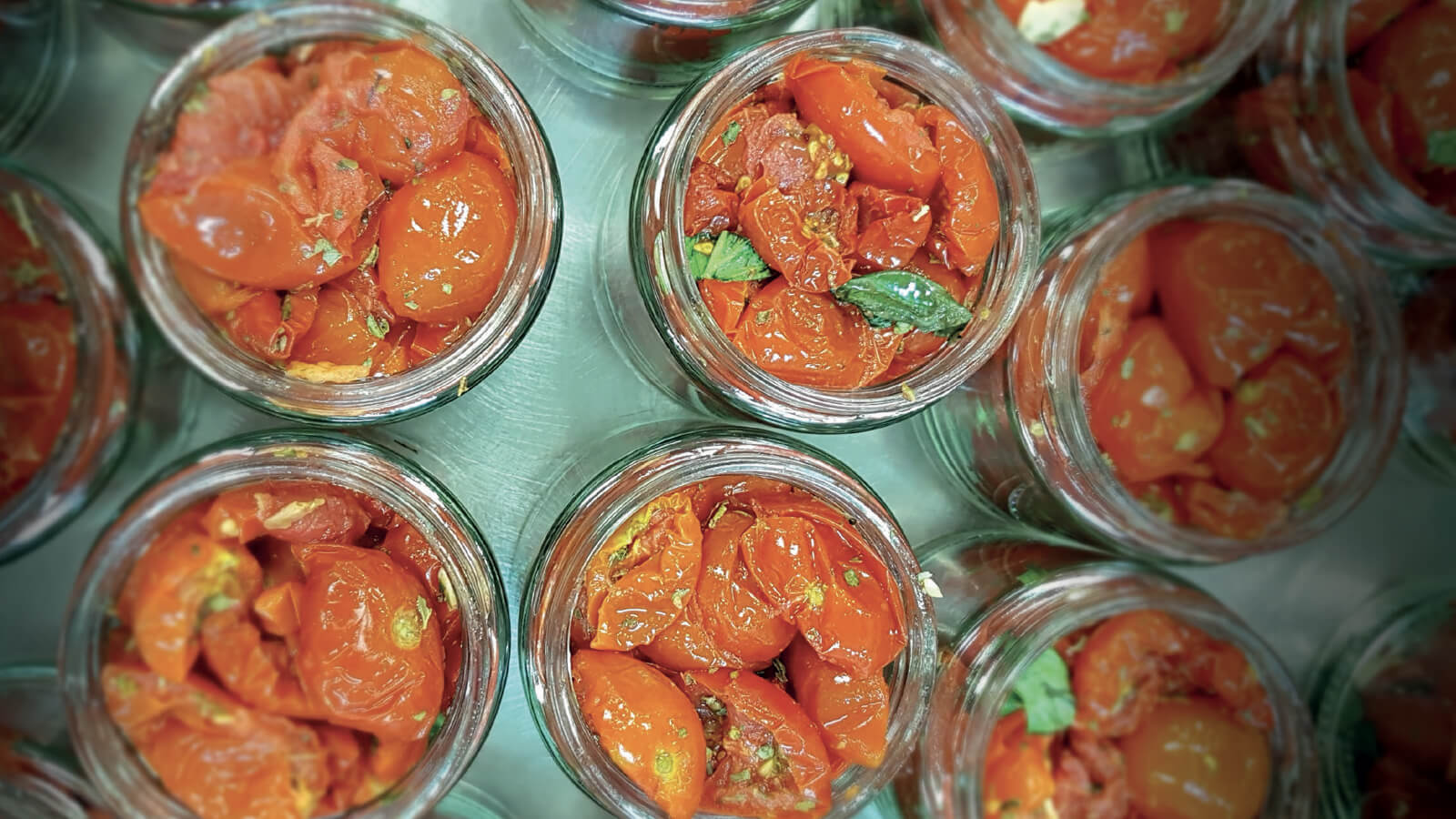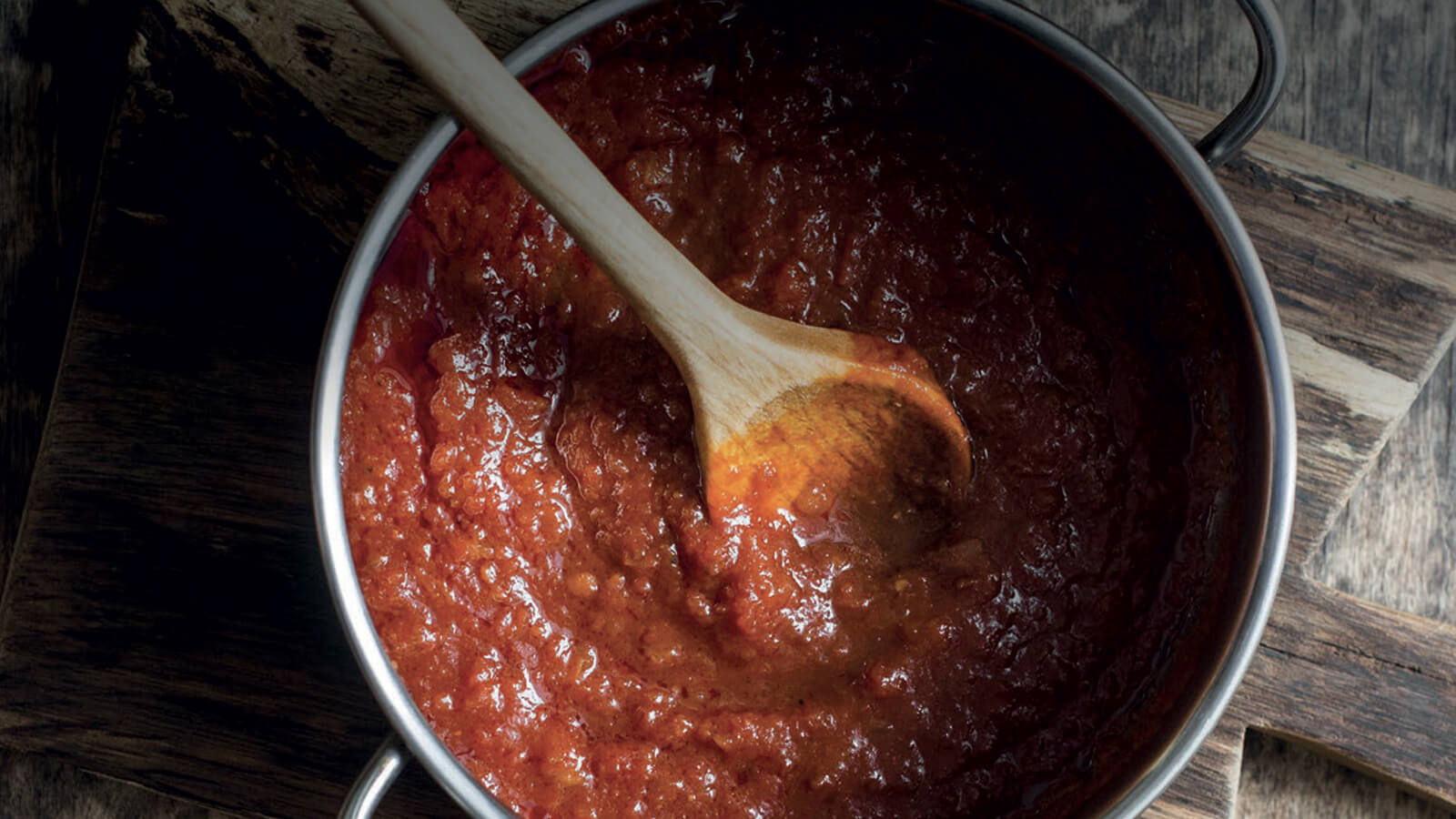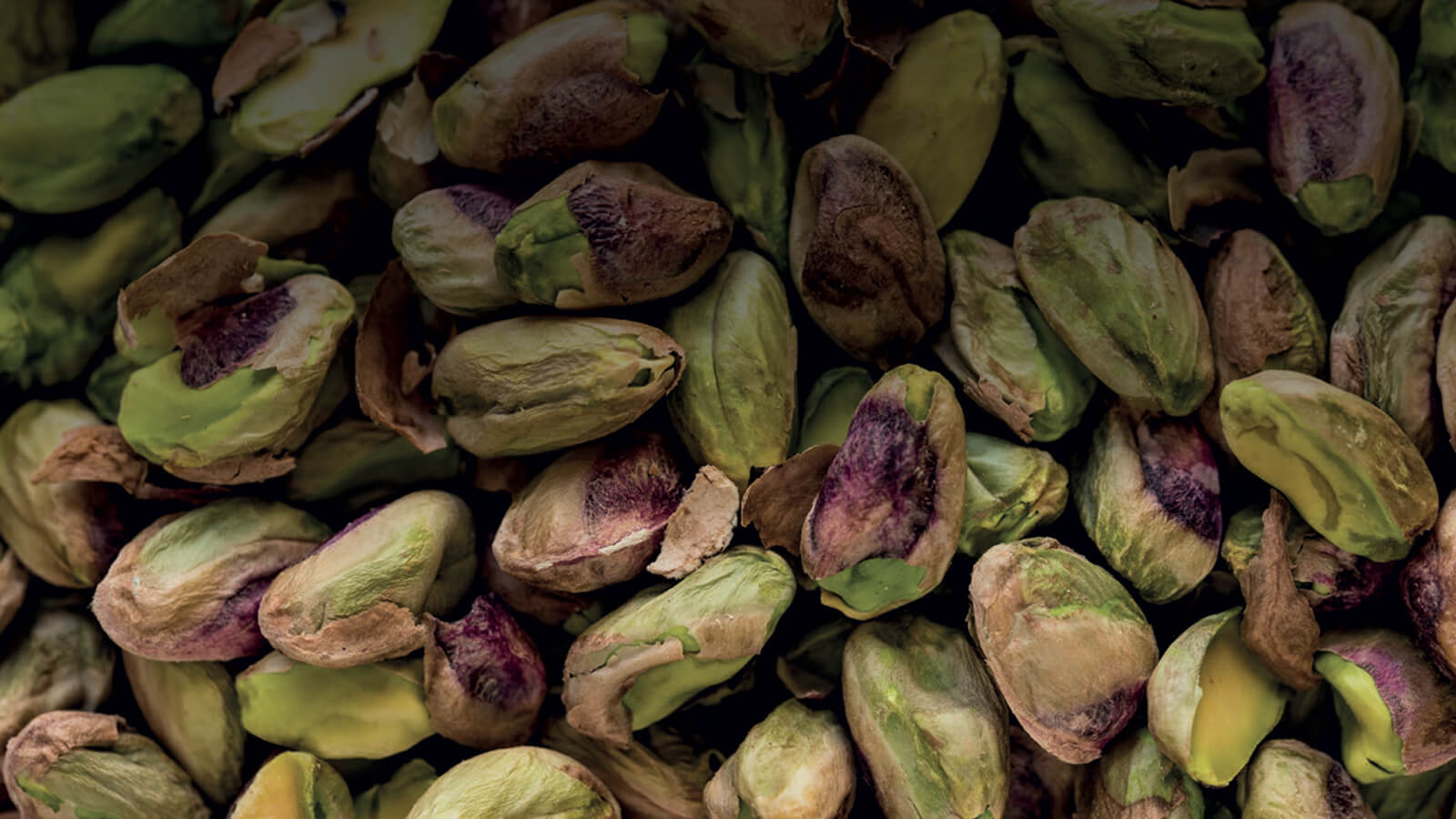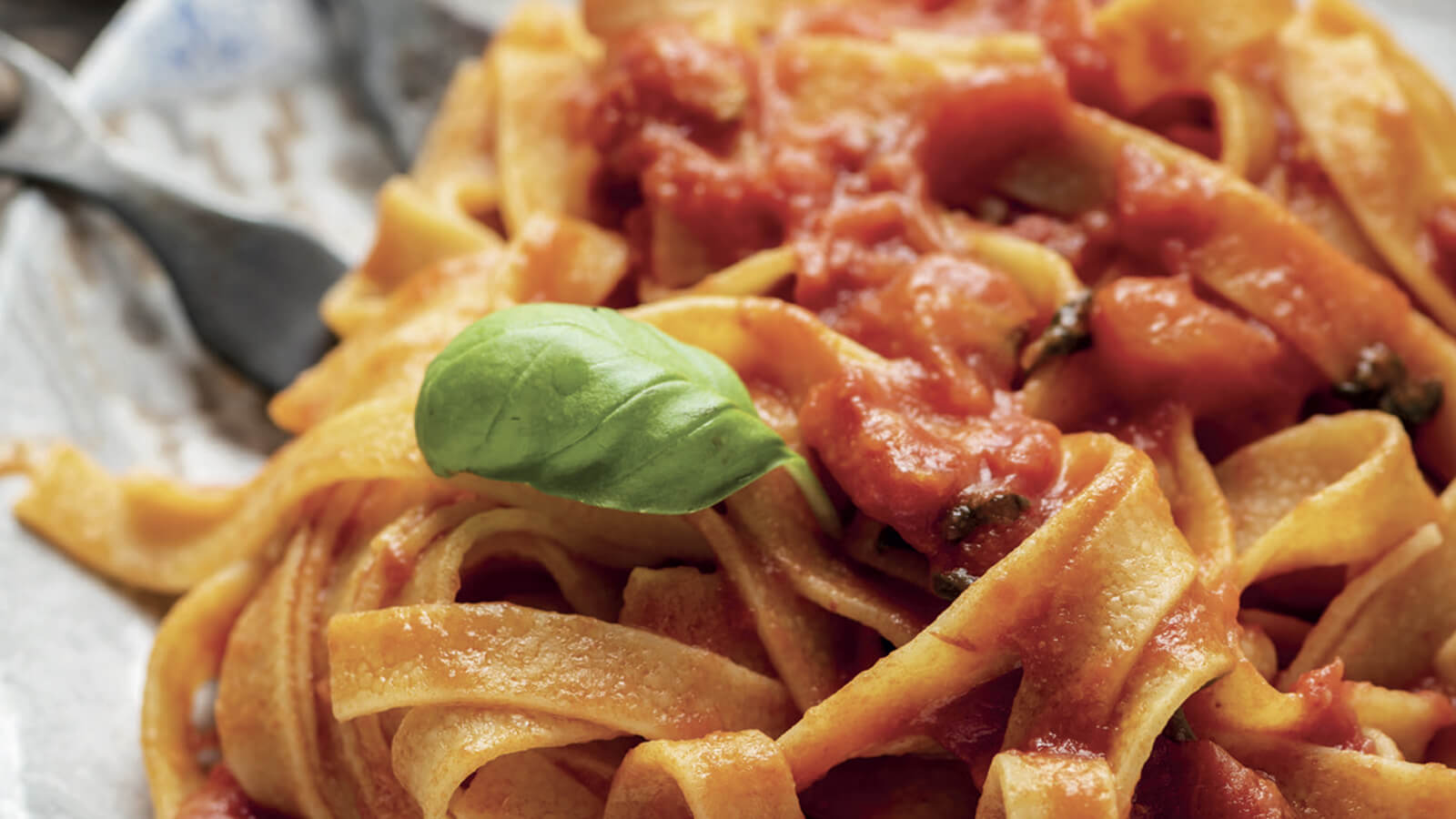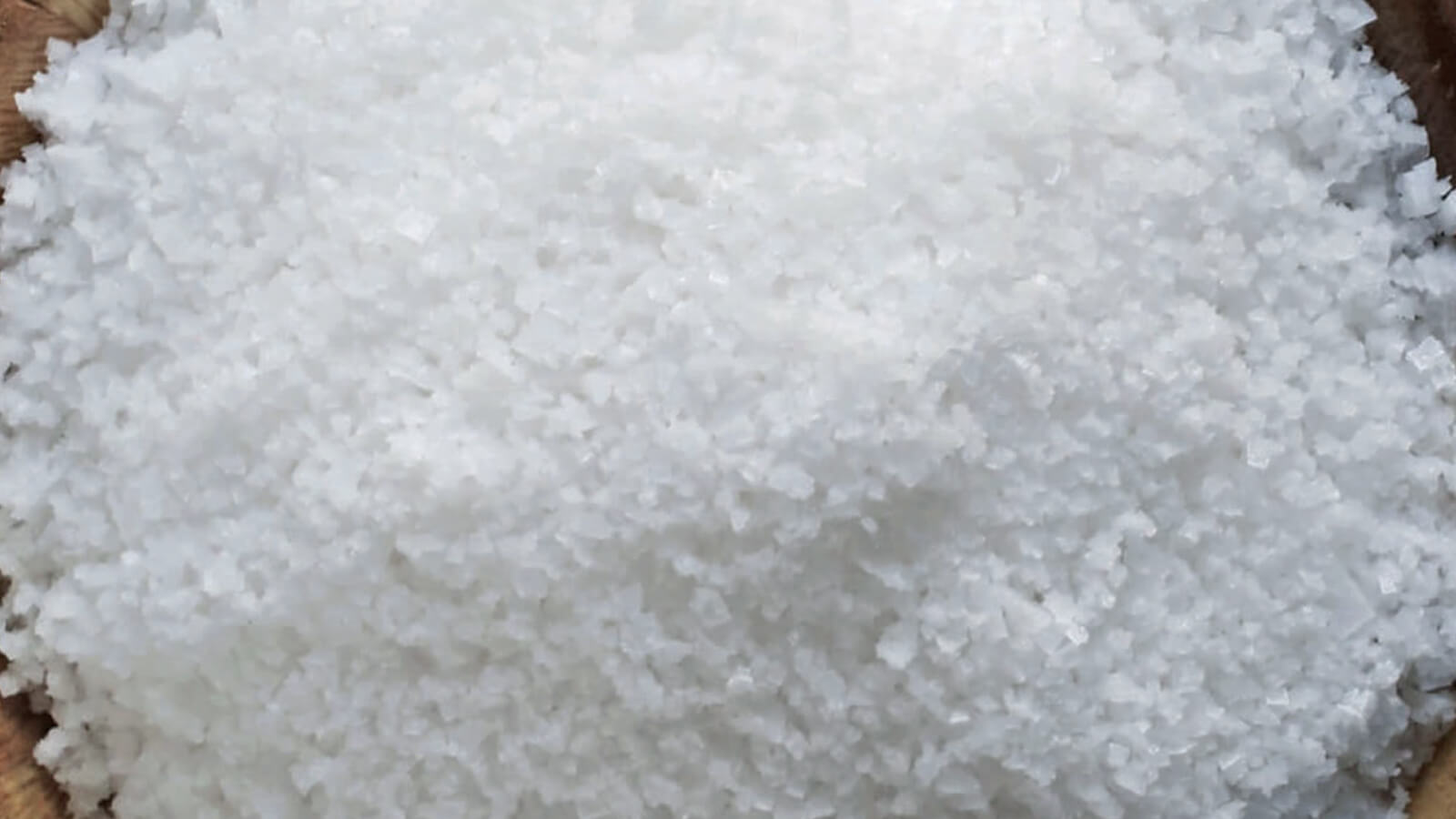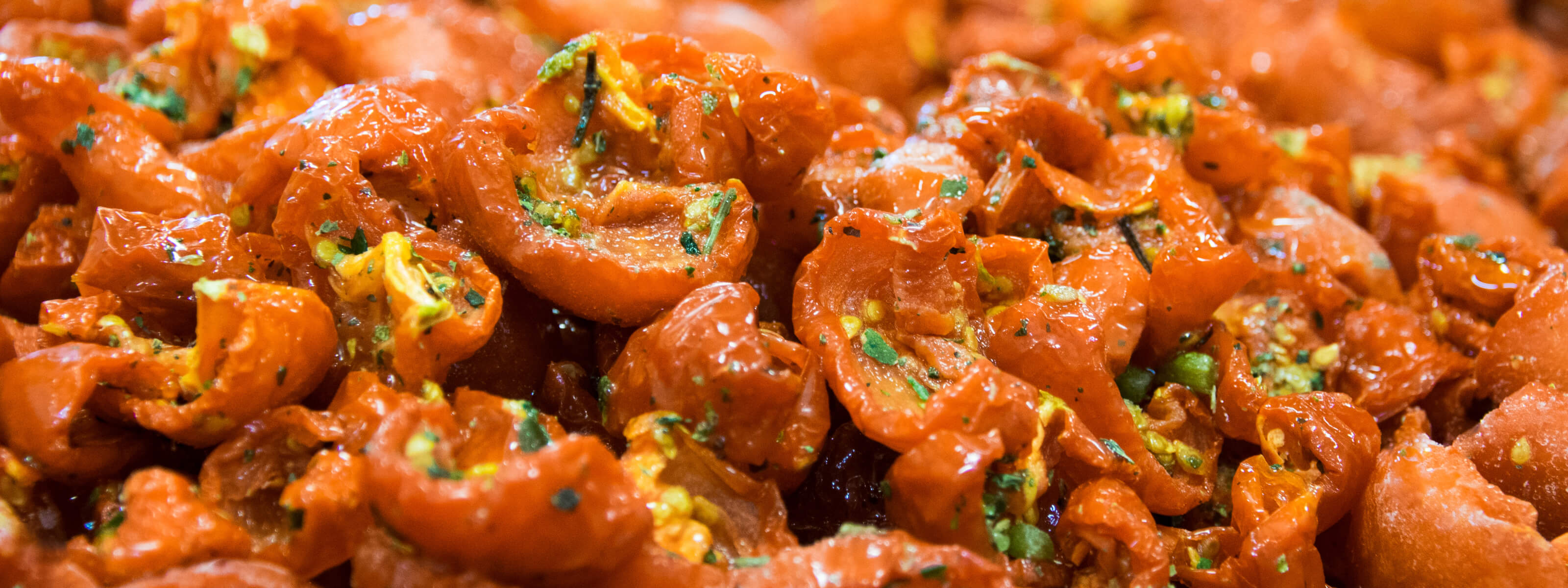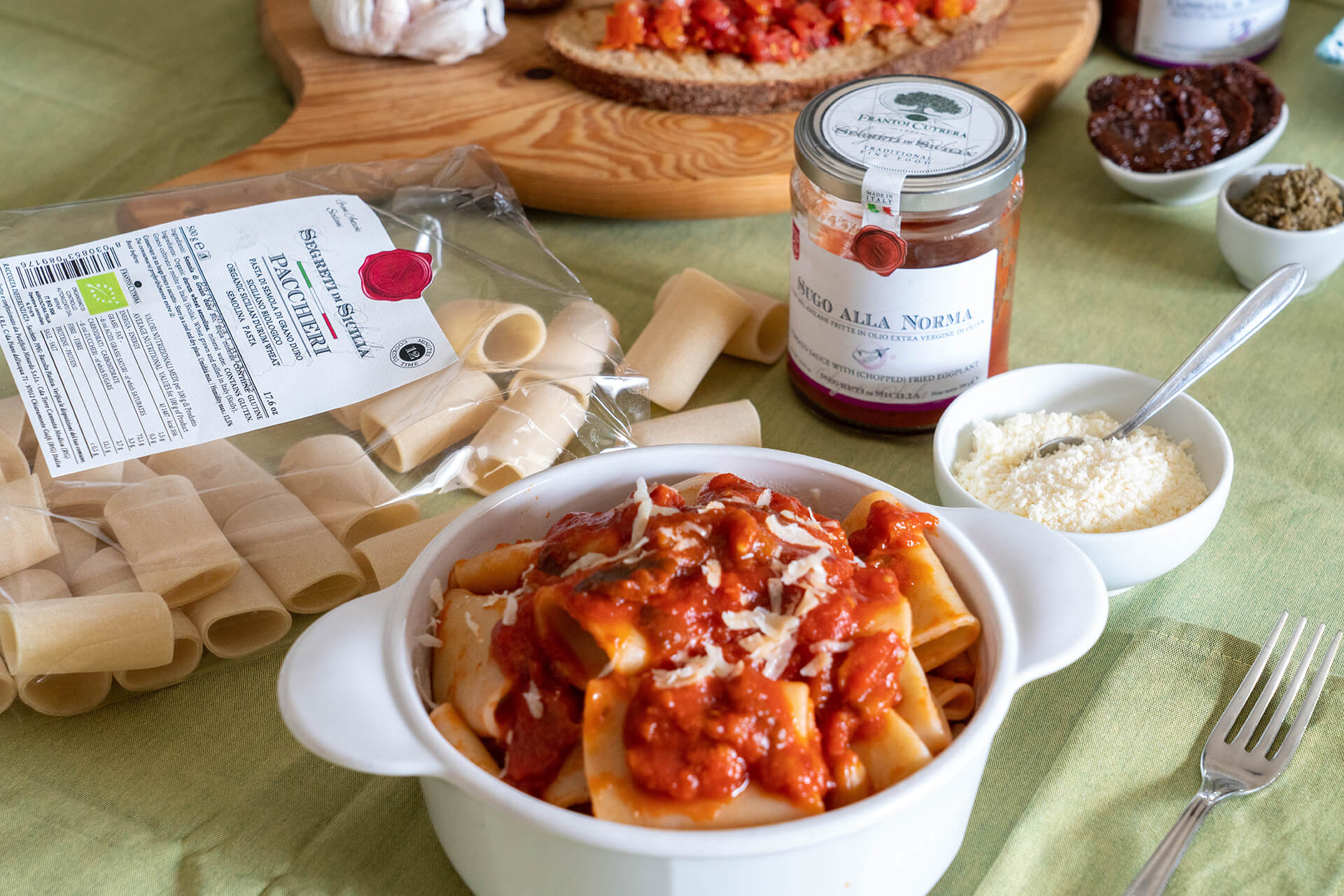
Paccheri alla Norma - Secrets of Sicily
From Sicily to the plate: The history of Pasta alla Norma and its authentic roots
Pasta is one of the most loved dishes in the world, and in Italy it has a long and rich culinary history. One of the most famous and loved preparations is Pasta alla Norma, a dish that has its roots in Sicily. In this article we will explore the history of Pasta alla Norma, its traditional ingredients and cooking techniques, variations and common false beliefs about this dish. Plus, we'll discover the cultural significance that Pasta alla Norma has for Sicily and why it pairs so well with rigatoni. Before we dive into the history and nuances of this delicious dish, it's important to understand its origins.
The origins of pasta alla Norma
The recipe is typical of the city of Catania but the origin is not certain. There are two most accredited versions. The first traces the name of the recipe to the work of the same name by Vincenzo Bellini, the famous composer from Catania: the recipe was apparently developed by a Sicilian chef on the occasion of the celebrations for Norma (1831), the composer's opera. The second version instead traces the origin to an exclamation of the Sicilian playwright Nino Martolgio: in front of a dish seasoned with tomato sauce and fried aubergines he seems to have exclaimed "This pasta is a norm" to indicate that it was prepared according to the rules art or, perhaps, referring to the beauty and perfection of Bellini's work of the same name.
The original Pasta alla Norma recipe involved the use of simple but high quality ingredients. The sauce was made with ripe tomatoes, fried aubergines, fresh basil and ricotta salata. These ingredients together created a perfect balance of flavors, with the ricotta salata adding a touch of salty, creamy flavor to the sauce. The pasta of choice for Pasta alla Norma was short pasta, like rigatoni, which managed to capture the sauce and seasoning in every bite.
Traditional ingredients and cooking techniques
Pasta alla Norma is a simple dish but one that requires attention to detail to obtain maximum flavour. The traditional ingredients of Pasta alla Norma include ripe tomatoes, aubergines, fresh basil, ricotta salata and extra virgin olive oil. The sauce is prepared by cooking the ripe tomatoes with a little extra virgin olive oil and adding the fried aubergines. Fresh basil is then added to flavor the sauce and give it a fresh and fragrant flavour. Finally, ricotta salata is sprinkled over the pasta before serving, to add the final touch of flavor.
The cooking techniques for Pasta alla Norma are relatively simple, but require some attention. The aubergines are cut into slices and fried in olive oil until soft and lightly browned. The tomatoes are then peeled and cooked with olive oil until a thick and tasty sauce forms. Finally, the pasta is cooked al dente and tossed with the tomato and aubergine sauce, before being garnished with fresh basil and savory ricotta.
Variations and adaptations of Pasta alla Norma
Like many traditional dishes, Pasta alla Norma has undergone several variations and adaptations over the years. Some variations include adding ingredients such as capers, black olives or chili peppers to add a touch of extra flavor. However, despite being different, these variations still maintain the essence and authentic flavor of Pasta alla Norma. Additionally, many Sicilian families have their own Pasta alla Norma recipes passed down from generation to generation. These grandmother's recipes often include little secrets and tricks to make the dish even tastier and more authentic. For example, some recipes may suggest lightly cooking the aubergines before frying them, to make them softer and creamier. These grandmother's recipes are a culinary treasure that preserves the authenticity and tradition of Pasta alla Norma.
The most common misunderstandings about Pasta alla Norma
Despite the popularity of Pasta alla Norma, there are some common misconceptions surrounding this dish. One of the most widespread misconceptions is that Pasta alla Norma must necessarily contain salted ricotta. While ricotta salata is a traditional ingredient, there are many variations of Pasta alla Norma that do not include it. Some people prefer to use grated pecorino instead of salted ricotta for a slightly different flavor. It is important to remember that the original Pasta alla Norma recipe does not necessarily require salted ricotta, but is a personal choice.
The cultural significance of Pasta alla Norma in Sicily
Pasta alla Norma is much more than a simple pasta dish for Sicilians. This dish represents the soul and culinary tradition of Sicily. It is a symbol of pride for the region and is often served during special occasions and celebrations. Pasta alla Norma is a way to honor and preserve the culture and history of Sicily through food.
Why Pasta alla Norma pairs so well with paccheri
One of the most common questions about Pasta alla Norma is why it pairs so well with paccheri. The answer lies in the characteristics of the paccheri themselves. Paccheri are a type of pasta that retains the sauce and seasoning. These characteristics make them perfect for Pasta alla Norma, as they capture every drop of sauce and every piece of aubergine, creating an explosion of flavors in every forkful.
Paccheri and Norma sauce: a special combination
Pasta alla Norma is a dish rich in history, tradition and flavour. Its roots in Sicily and its history linked to Bellini's work make this dish unique and special. With simple but high quality ingredients and careful cooking techniques, Pasta alla Norma represents the culinary excellence of Sicily. Whether you choose to prepare the original recipe from Catania or follow your grandmother's recipe, Pasta alla Norma is a dish that conquers the palate and the heart. Try preparing it with rigatoni, and you will discover why this combination is a real riot of flavours. Enjoy your meal!
Ah, if you haven't tried Pasta alla Norma yet, I invite you to prepare it using Frantoi Cutrera and Segreti di Sicilia products. You will discover a world of authentic flavors that will make you fall in love with Sicilian cuisine!



















